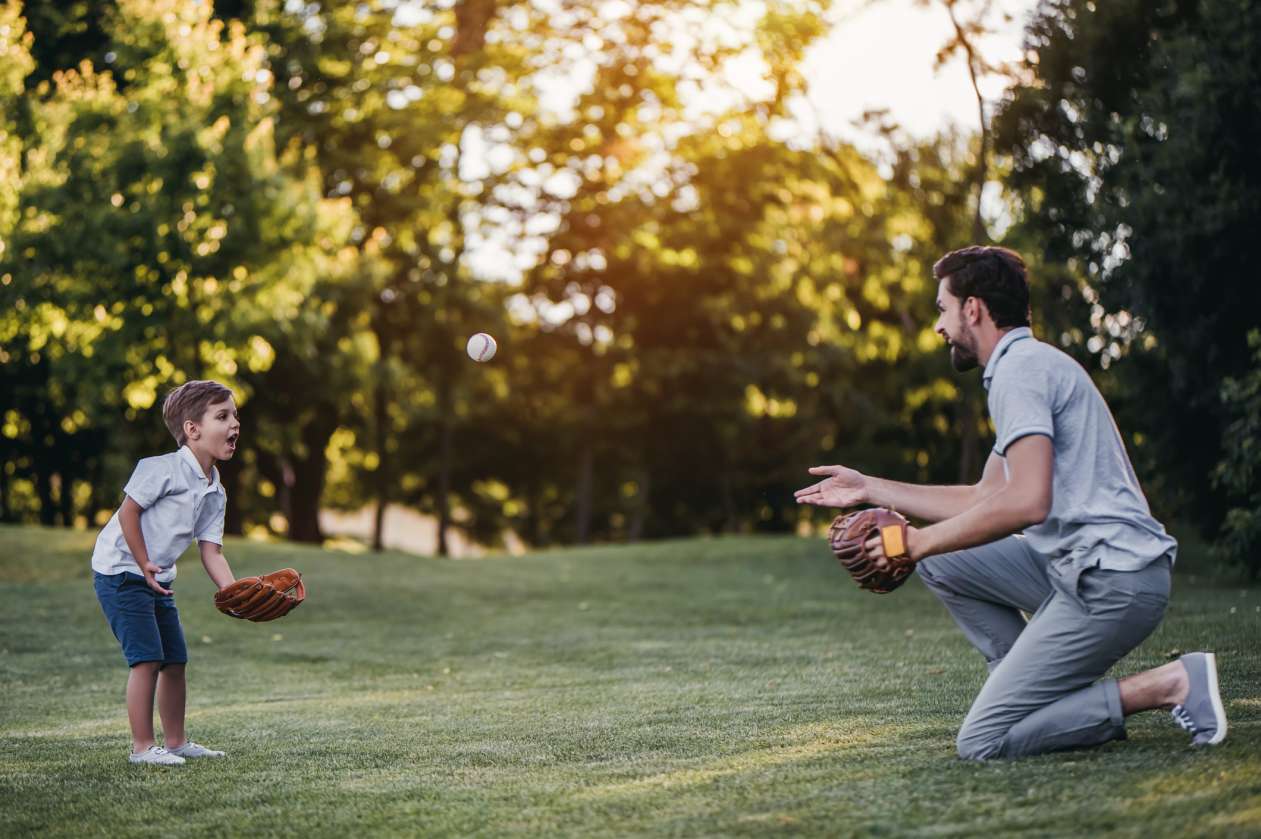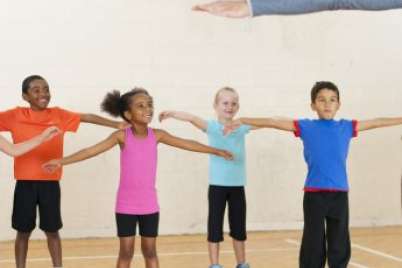
Little kids can’t play baseball, and what you can do about that
Al Herback loves baseball. He loves it so much that when he was the head coach of Little League Canada, every spring he used to travel across Canada and the U.S., teaching moms and dads, all of whom aspire to coach their kids, how to be better coaches.
He loves it so much that after retiring last fall, he was back in Vancouver this spring, teaching coaches. The Calgarian has booked up his spring already, clubs and teams calling to ask him if he’ll come back one last time.
I’ve been to two of Al’s clinics before. He covers the same material each time, and each time he comes back to Vancouver I’m there again, as much to see and listen to Al as to get a refresher on teaching technique.
His presentation style is casual, with a disarming sense of humour, and he’s adamant about one thing when it comes to teaching young kids how to play baseball. You can’t.
“Little kids can’t play baseball,” he says to the crowd of some 150 women and men gathered in the gym. “Baseball is much too complicated for little kids.”
Instead, he reasons, we need to teach kids how to throw, how to catch, and how to swing a bat.
It’s refreshingly simple the way he talks about it.
He tells us: “If it’s not fun, forget about it.”
Because kids are out on the field — in the spring and the sun and the mosquitos — to have fun. We need to give that to them. Not with endless, boring drills. Not by making them stand around and watch. But by giving them all something to do. By engaging them in the process of learning how to throw, how to catch, and how to swing a bat.
Fun does not mean frivolous, though.
“It is extremely important that you teach proper technique,” says Al. “The kids might not learn it, but you need to teach it.”
From that he launches into the three simple steps to teaching kids how to properly throw a baseball. I realize I’ve been throwing wrong my entire life because nobody every taught me how. No wonder it always hurt my arm.
“You have to teach them,” is Al’s mantra. It sticks with you after a while. Teach them. Show them how it’s done.
Another principle: Teach kids some life skills while you’re at it. Teach them about sportsmanship, the importance of hustle. What responsibility means.
“A good coach is nothing more than a good person,” says Al. “Kids will play ball because they know they’re safe with you. You won’t yell at them, or make them feel bad.”
He’s not instructing here. He’s speaking truth. Every one of the women and men in the gym wants to be that good coach. Al brings it out in them.





